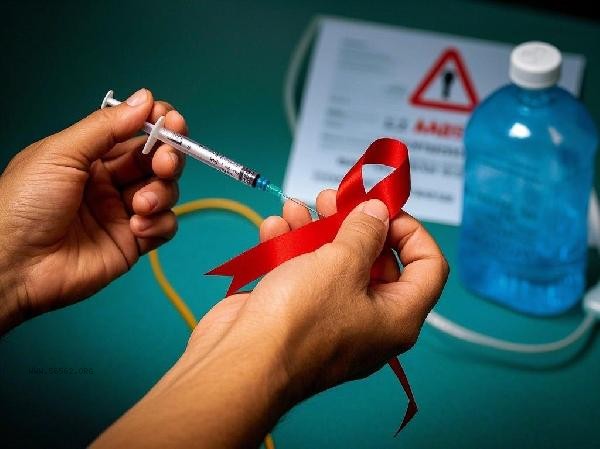High monocyte ratio is not necessarily AIDS. Mononucleosis may be caused by various factors such as viral infections, bacterial infections, autoimmune diseases, hematological disorders, or drug reactions.

1. Viral infection:
Elevated monocyte ratio is commonly seen in infections such as EB virus and cytomegalovirus. This type of viral infection stimulates the immune system to produce more monocytes to fight off pathogens, often accompanied by symptoms such as fever, sore throat, and enlarged lymph nodes. The increase in monocytes caused by viral infection is mostly temporary and gradually returns to normal as the condition improves.
2. Bacterial infection:
Chronic bacterial infections such as Mycobacterium tuberculosis and Brucella may lead to sustained high levels of monocytes. This type of infection is often accompanied by long-term low-grade fever, night sweats, weight loss, and other symptoms. It is necessary to improve the pathogen examination to clarify the diagnosis and use targeted antibiotics for treatment. 3. Autoimmune diseases: Diseases such as rheumatoid arthritis and systemic lupus erythematosus may cause an increase in monocytes. These diseases can lead to abnormal activation of the immune system, producing a large amount of inflammatory factors that stimulate monocyte proliferation. Patients usually have typical symptoms such as joint swelling and pain, rash, etc.
4. Hematological disorders:

Hematological disorders such as monocytic leukemia and myelodysplastic syndrome can cause abnormal elevation of monocytes. This type of disease is often accompanied by symptoms such as anemia, bleeding tendency, and hepatosplenomegaly, and requires diagnosis through bone marrow puncture and other examinations.
5. Drug reactions:
Certain antibiotics and antiepileptic drugs may cause drug fever and an increase in monocytes. This reaction usually subsides on its own after discontinuing the medication, and if necessary, the drug variety can be changed. Long term use of glucocorticoids may also affect monocyte count.
When the monocyte ratio is found to be high, it is recommended to improve HIV antibody testing to exclude the possibility of AIDS. At the same time, comprehensive judgment should be made based on other examination indicators and clinical manifestations. Maintaining a regular daily routine, avoiding excessive fatigue, and supplementing with vitamin C and protein appropriately can help with immune regulation. If there are persistent abnormalities or accompanying symptoms, it is necessary to seek medical attention promptly at the hematology or infectious disease department to avoid unnecessary psychological burden caused by self guessing the condition. Daily attention to personal hygiene, avoiding unclean sexual behavior and high-risk blood contact are important measures to prevent infectious diseases.










Comments (0)
Leave a Comment
No comments yet
Be the first to share your thoughts!